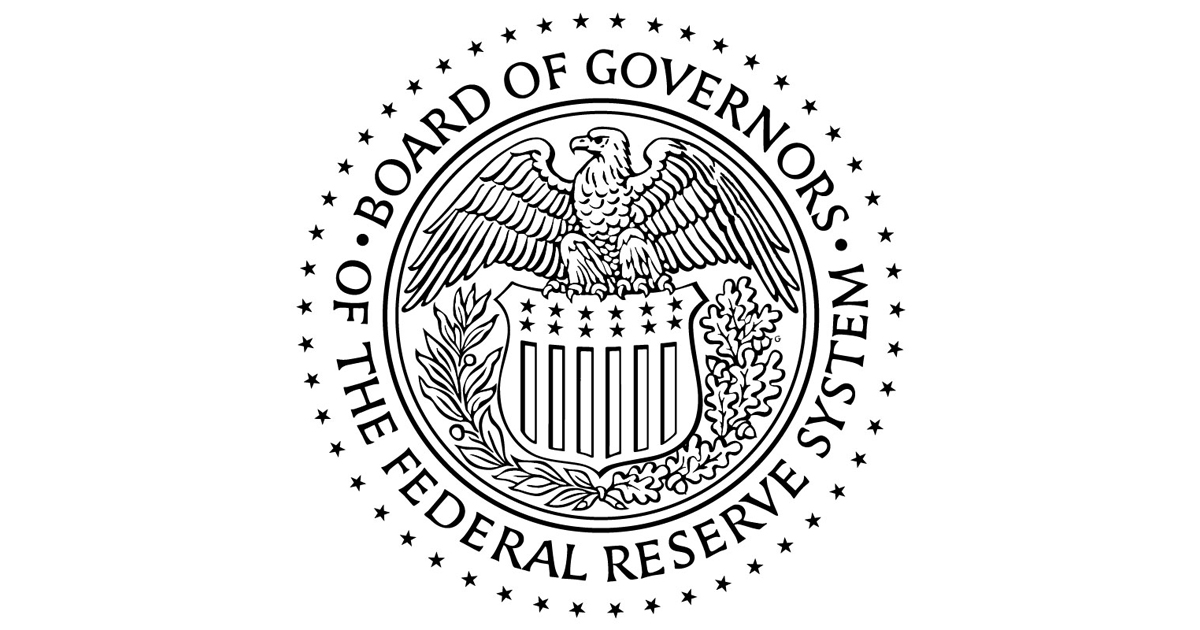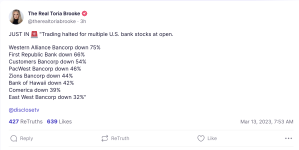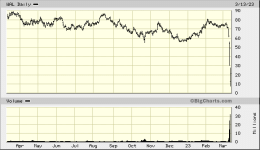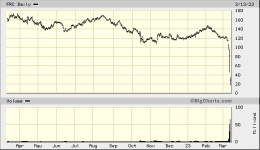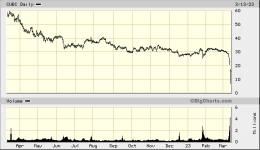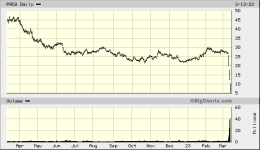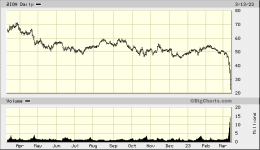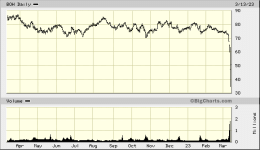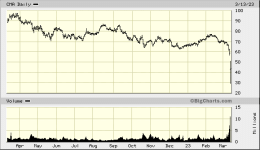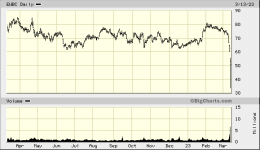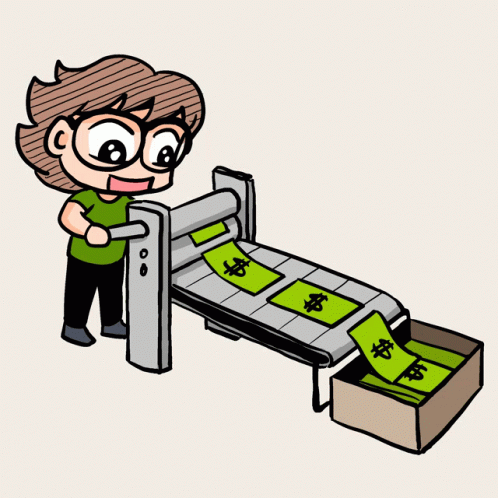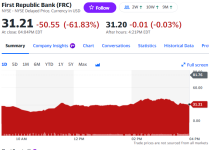Yup.
Chaos, is what it is. Make the politically-appealing (the Woke) whole. Meantime, go through the ranks, closing down every zombie bank, every wobbling bank, every "troubled" bank and every bank that has people whispering darkly about it.
What all this shows, is that orderly banking, depends on TRUST. On integrity - at base, that means, people in important positions, having HONESTY.
There is none of that, now. Government is just a stream of lies. Private business leaders have the morality of grave robbers. Law is to get around.
Which means, FDIC insurance or no, you cannot trust banks. Any more than you can depend on the EPA and NTSB to deal with, say, a train wreck in your state, if you are of a region that did not vote as the Deep State demanded.
Chaos, is what it is. Make the politically-appealing (the Woke) whole. Meantime, go through the ranks, closing down every zombie bank, every wobbling bank, every "troubled" bank and every bank that has people whispering darkly about it.
What all this shows, is that orderly banking, depends on TRUST. On integrity - at base, that means, people in important positions, having HONESTY.
There is none of that, now. Government is just a stream of lies. Private business leaders have the morality of grave robbers. Law is to get around.
Which means, FDIC insurance or no, you cannot trust banks. Any more than you can depend on the EPA and NTSB to deal with, say, a train wreck in your state, if you are of a region that did not vote as the Deep State demanded.


